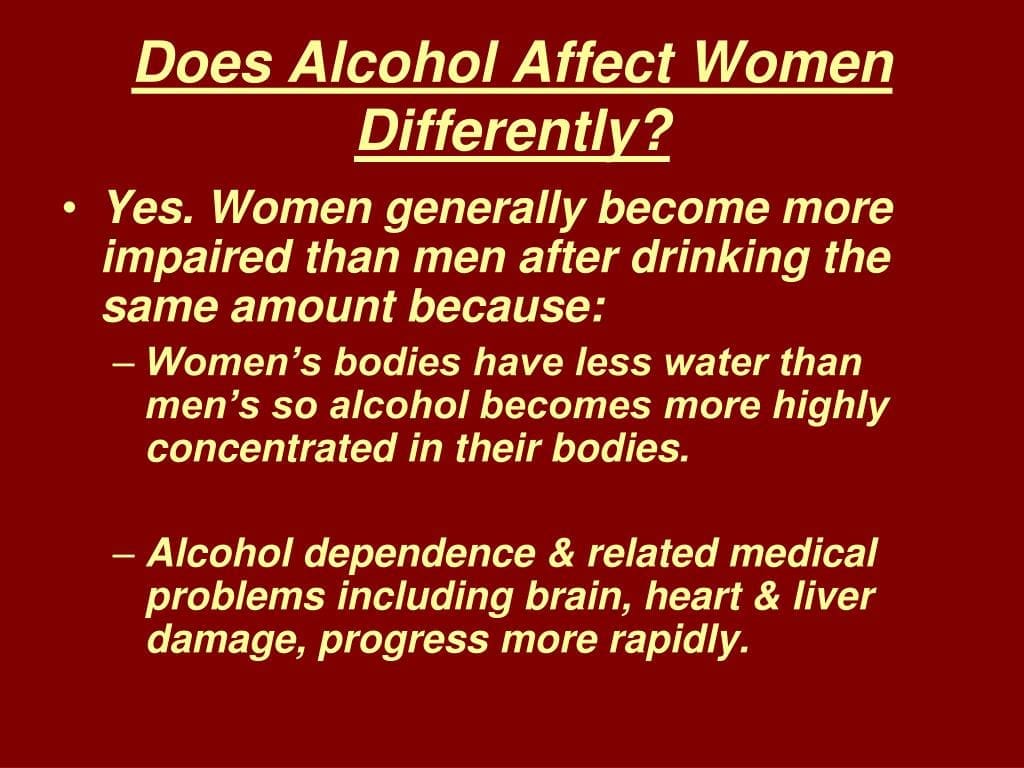-
Call Us: 0330 111 2015


Jump to a section ▼
› Introduction
› How long does it take alcohol to leave your system?
› Factors affecting alcohol leaving your system
› Can it be sped up?
Speak with our admission team
Call now on 0330 111 2015How long alcohol stays in your system depends on a number of factors that are influenced by your individual make up and also external life style factors.
On average it takes a healthy liver one hour to process one unit, or ounce of alcohol. However this can vary hugely from person to person.
There are various alcohol testing methods available that can detect alcohol in your system within different windows of time.
The reasons for someone wanting to know how long it takes alcohol to leave your system can include:
Whatever your reasons are for wanting to know how long alcohol stays in your system for, we hope that this page will help to provide some clarification and helpful advice.
As previously advised our bodies are able to process 1 unit of alcohol per hour on average (subject to a number of variables) (3)
As a guide, the average detection time frames for using the following common testing methods to detect the presence of alcohol in our bodies are:
Using an alcohol breath test, alcohol can be detected by breathalyser for up to 24 hours after being consumed. Alcohol leaves our breath within this time frame.
Some more advanced urine sample tests can detect alcohol for up to 4 days post consumption. Alcohol on average takes 80 hours to leave our system through urine.
Trace amounts of alcohol can be detected in a saliva swab test around 10-24 hours after the last drink was consumed.
Much like breath sample, alcohol only stays in our blood detectable for a period of up to 24 hours on average. Blood tests are very accurate in reading BAC (blood alcohol concentration) levels.
It is quite uncommon to use hair strand tests to detect the presence of alcohol as it is impossible to tell when exactly the alcohol was consumed and how much was consumed. Never the less, hair strand is the last way in which alcohol is rid from our system completely and can be detected by advanced hair strand detecting methods for a period of up to 3 months post consumption.
There are a number of factors that affect how long it takes your body to process an alcoholic drink and for it to leave your system completely.
Factors that affect how long alcohol stays in your system for include:
These variations affect everyone, without exemption. Whilst the difference in time may only be small in the majority of cases, an individual who has an unhealthy BMI and compromised liver function, poor hydration levels and binge drinks during an episode, will take much longer to process a unit of alcohol than a healthy counterpart who drinks in moderation.
Binge drinking affects how long alcohol takes to leave your system
Binge drinking during a drinking episode causes a backlog of units to build up. This places excess strain on the liver and other organs. As a result they work less efficiently and alcohol remains in the system for longer. The longer alcohols toxins are in the system, the more damage is caused to the liver, tissues, organs and brain.
Alcohol takes longer to leave a females system than a males
Females have been shown to be more vulnerable to alcohols damaging effects. This is due to females being naturally smaller than most males, with an averagely natural higher fat ratio. Alcohol tends to be held in the body of water and so is processed at a slower rate. Females also tend to have a slower metabolic rate and lower water levels than males.
For females, alcohol takes longer to come out of the system. Because of this, females alcoholics tend to deteriorate faster than males when suffering from alcoholism for the following reasons:
Because the average woman is smaller than the average man, the same amount of alcohol consumed by a woman is processed at a slower rate and has more powerful effects
Women metabolize alcohol differently from men. Meaning that it takes their system longer to get rid of alcohol. In women their stomach absorption rate is far less than a mans. This means that nearly all of the alcohol consumed is absorbed directly into the blood stream resulting in a higher blood alcohol content (1)
Alcohol is held in the body’s water rather than the body’s fat. Women generally have a higher proportion of fat than men and so have less water to hold the alcohol. This causes the alcohol consumed by women women and stay in the system for longer and be more concentrated (2)

 Detox safely in our medical facility
Detox safely in our medical facility
 Free collection
Free collection Future-proof
Future-proofThe short answer to this is no. Whilst rehydrating yourself may help you to recover from alcohol more quickly, the rate at which your system gets rid of alcohol remains the same due to the livers health and function.
The mechanisms in the liver that are responsible for processing alcohol can not be influenced by external factors, at least not in the short term.
Drinking less over time will help improve the livers health and function but there is no quick solution to speeding up the process of how long it takes alcohol to get out of your system.
If you or a loved one are struggling with an alcohol problem, Delamere can help.
At Delamere we provide our guests with bespoke alcohol detoxes and rehabilitation programmes, delivered within our state of the art addiction treatment and behavioural wellness facility.
Our team of distinguished doctors, counsellors, nurses and therapists are passionate about helping our guests to heal and overcome their alcoholic symptoms, teaching them how to live life beyond addiction.
Using a variety of evidence based treatments combined with traditional medicine and innovative holistic treatments, we are committed to healing each guest as a whole person, leaving no stone left unturned. We also offer family support and counselling.
Delamere’s CQC registered treatment centre is purpose built to deliver intensive residential treatment, without the need to leave the safety of the facility.
Call us today for a free confidential assessment and advice around your own individual treatment needs.

References:
Start your recovery journey by calling our admissions team today.
Confidential. Straightforward. Friendly.